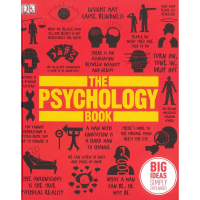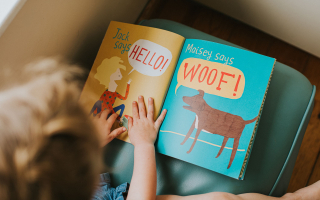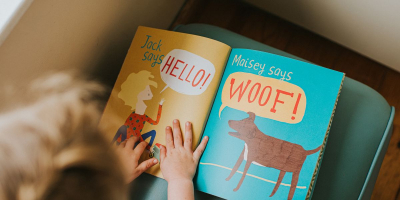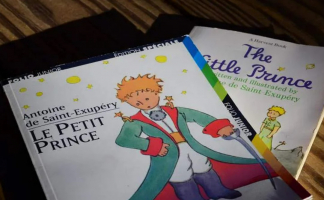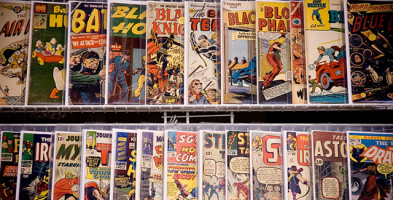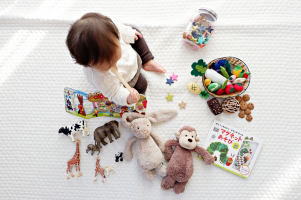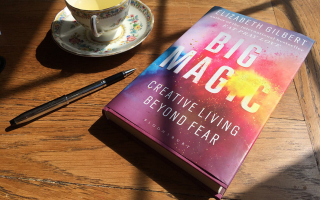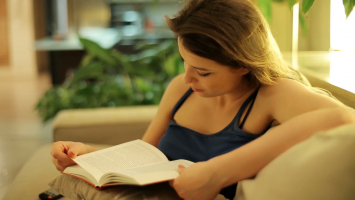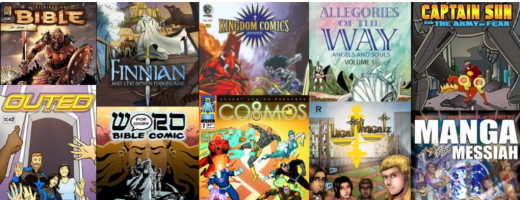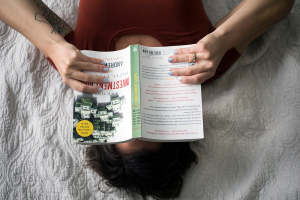Top 10 Best Parenting Books for Rookie Moms and Dads
Children are born with love, nourished by sweet mother's milk, children grow up in the loving arms of their parents. But at different stages, your child will ... read more...need to be given different things. What parents need to do is support, guide, and motivate their children to dare to break their limits. Each person or family has their own way of raising children, but how to both show love for their children and have a scientific method of education to be able to accompany their children in the future is the responsibility of their parents. In this following article, Toplist would like to introduce to those who are parents or who are about to become parents the best parenting books of all time.
-
"The Baby Whisperer Solves All Your Problems” by Tracy Hogg is also a parenting consultant. Reading All Children's Problems is the bedside book of thousands of American mothers. Many parents will be very worried, wondering why their child refuses to sleep, refuses to eat, why the child keeps crying, and then nature is an angel, why is the child so "hard to please"? These are problems that cause headaches for parents when relying only on their baby's cry that can't be deciphered.
The book is presented very scientifically, and easy to understand, the content is drawn from the author's practical experience in the field of parenting counseling, child education in the family will help ease anxiety and confusion, even the psychological crisis of those who are and are about to become parents. The main method of the book is to help parents listen, observe and understand the needs of their children from special sign languages. From there, parents will be the ones to ask questions to understand why the child is crying, angry, excited, or whining, what the child is in need of, and have scientific and reasonable ways to solve the problem.
Link to buy: www.amazon.com/Baby-Whisperer-Solves-Your-Problems/dp/0743488946
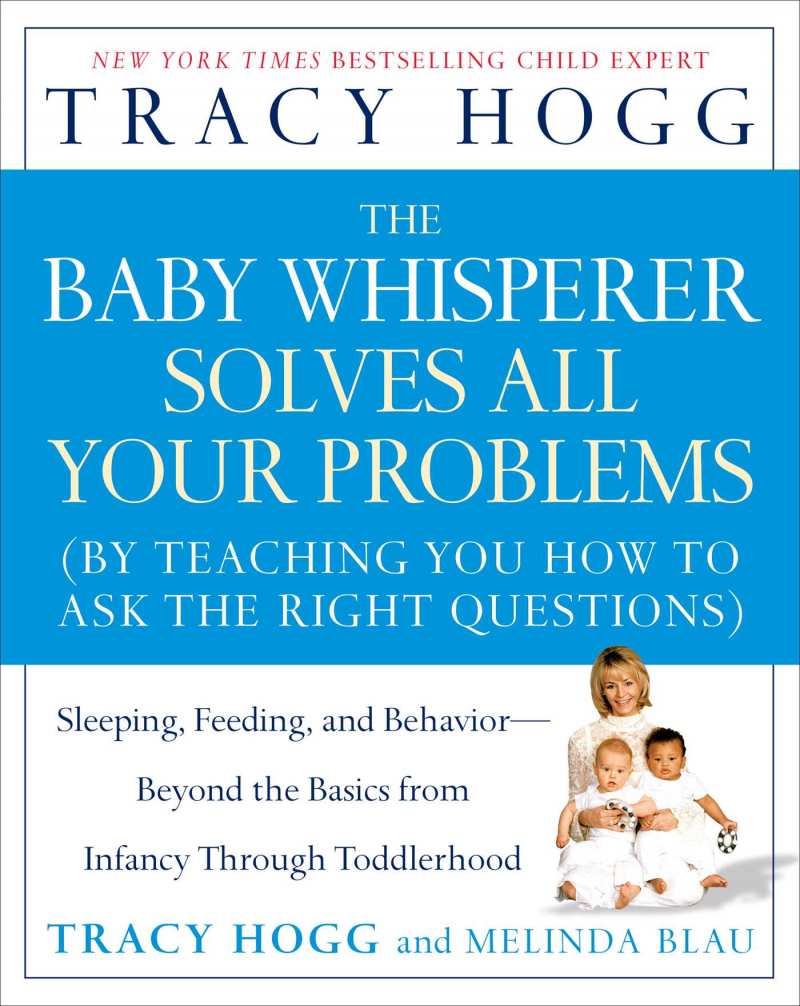
The Baby Whisperer Solves All Your Problems 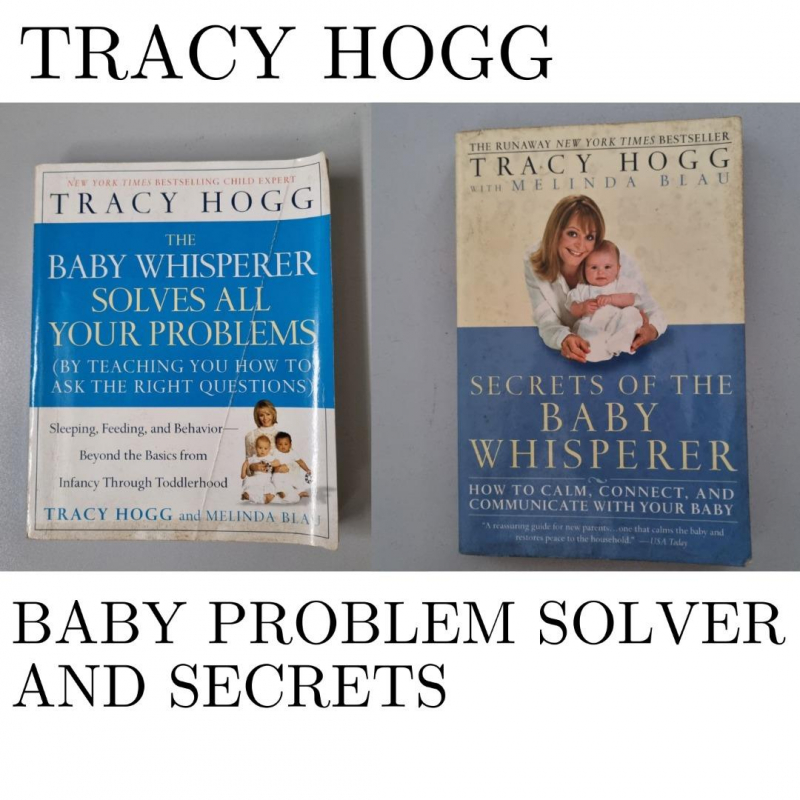
The Baby Whisperer Solves All Your Problems -
The Whole Brained Child is one you’re going to wonder why you didn’t read sooner. It backs everything up with neuroscience – knowing which parts of the brain are activated mid-tantrum or during anger, for example, can help you navigate how you respond or confront them. When your child gets upset, you should use empathy to make headway by connecting the right brain to the right brain. Then, once they are more receptive, you can redirect to the left brain by involving the child to make amends and find a solution, on their own or together.
You will get clear when your child gets upset, but the upstairs part of the brain (the part where they can make decisions, have self-control and show empathy) is not available. Therefore, in order to connect, you need to wait for your child to calm down or help them calm down before you try to rationalize with them. Pair The Whole-Brain Child with Daniel Siegel’s other book, No-Drama Discipline and you’ll have a better road map to handling tantrums, outbursts, back talk, and other challenging behavior as your kids move from the toddler to school-age years.
Link to buy: www.amazon.com/Whole-Brain-Child-Strategies-Nurture-Developing/dp/1780338376
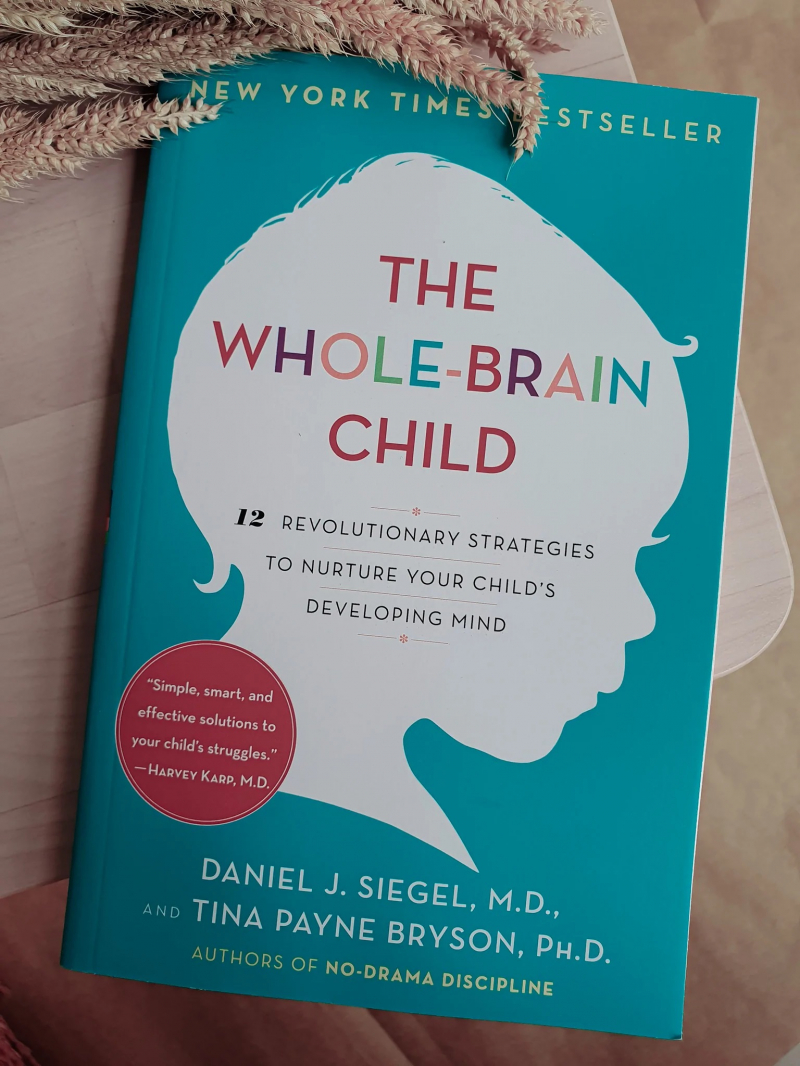
The Whole Brained Child 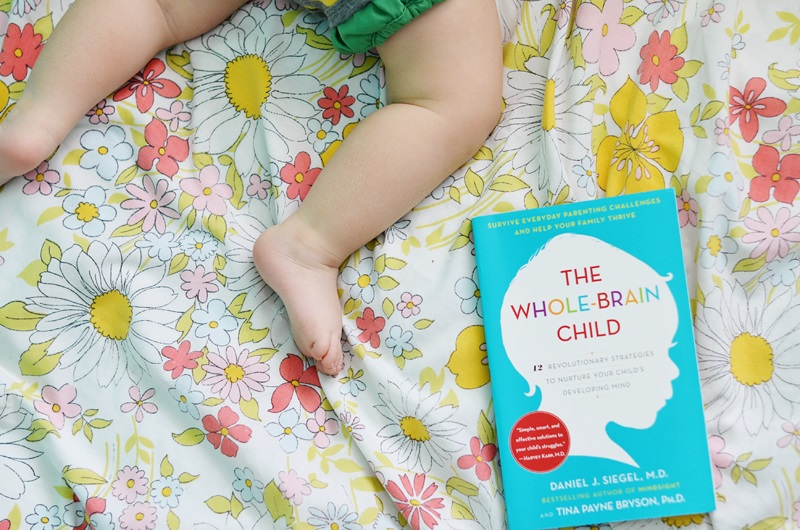
The Whole Brained Child -
The Gift of Failure focuses on the critical school years when parents need to take a step back and allow their children to experience the disappointment and frustration that occur from life’s inevitable problems so that they can grow up to be successful, resilient, and self-reliant adults. When kids experience failure, it gives them the opportunity to learn to solve their own problems.
Especially today in the modern world where studies show growing adults are unprepared for the world and their parents still do laundry, cook, clean, and schedule appointments for them,… This is practical and important advice for helping your child grow up to live in a world where they can navigate it confidently on their own. Lacey gives you a blueprint with advice for how to handle homework, report cards, social dynamics, and sports. Most importantly, she sets forth a plan to help parents learn to step back and embrace their children’s failures, as hard as that may be for you to do, you’ll soon see how important it is.
Link to buy: www.amazon.com/Gift-Failure-Parents-Children-Succeed/dp/0062299255
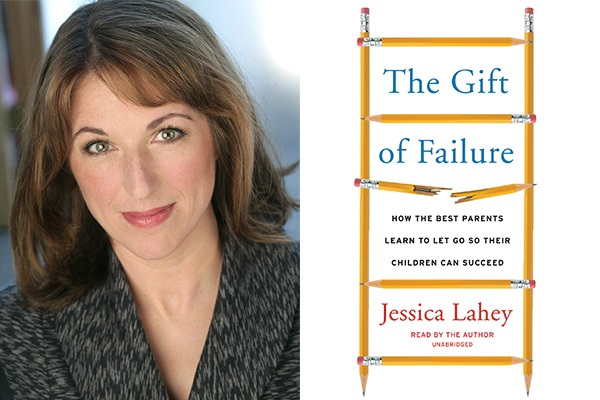
The Gift of Failure 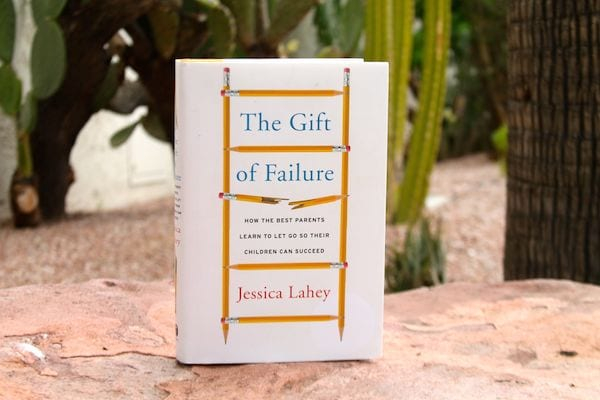
The Gift of Failure -
You have to wonder why, when you get married, everyone encourages you to have kids. While you might have an occasional enjoyable moment, you'll also be in for a world of hurt. Kids are hard. Raising them is a challenge where most of the rewards are delayed. Sure, parenting books are usually about parenting your children, but this book takes the focus away from kids and put it right on the parents. New York magazine writer Jennifer Senior looks at the many ways in which having children reshape their parents’ lives, whether it changes a marriage, their jobs, their habits, their hobbies, their friendships, or their internal senses of self.
Senior writes in All Joy and No Fun of the "experiencing self" vs the "remembering self", and this notion can be freeing for many parents; liberating you from the constant parenting guilt of sacrificing yourself and your time for your child. In the end, Senior writes an ending meaning sentence: “Mothering and fathering aren’t just things we do. Being a mother or being a father is who we are”. It absolutely a good book to enjoy.
Link to buy: www.amazon.com/All-Joy-No-Fun-Parenthood/dp/B01L9E1R66
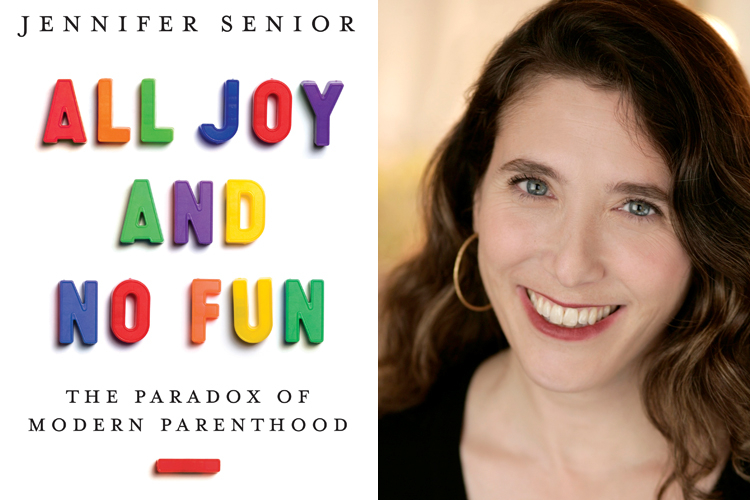
All Joy and No Fun 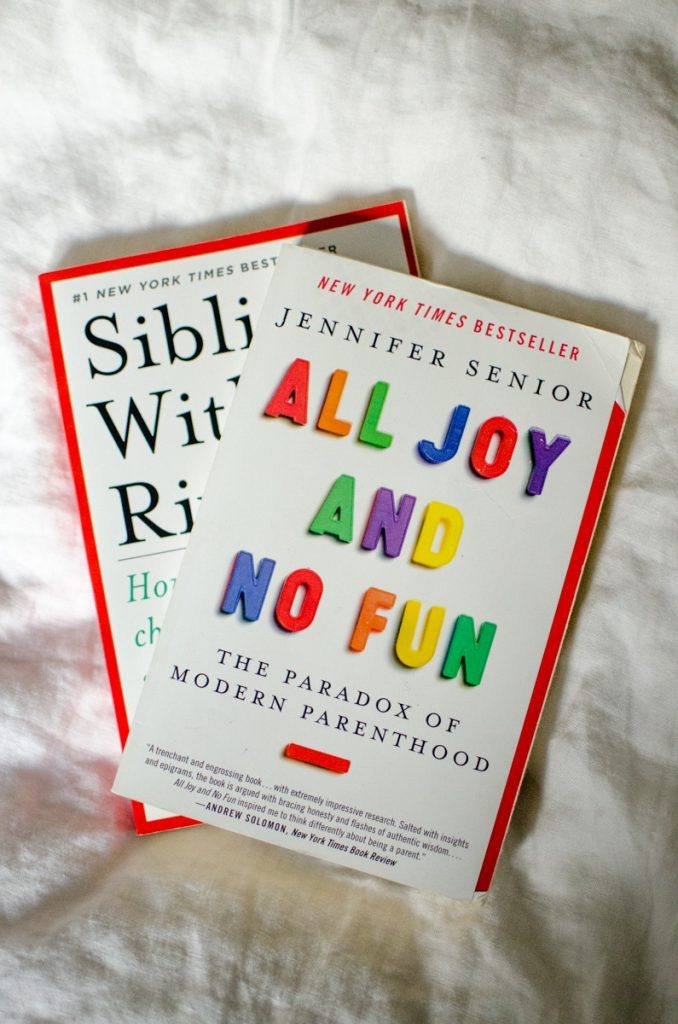
All Joy and No Fun -
Some readers shared that they cried when they started Raising Your Spirited Child. It was such a relief to know that there were other parents out there like them, with kids like theirs! It was validating to know that some children DO require more input than others: people felt like their hard work was finally recognized. As you continued, what stood out, even beyond the helpful advice and tips for handling the intense traits of a spirited child, was a positive perspective. You will able to shed the burden you feel about having a "spirited" child and look at these traits and challenges as a very special gift.
A gift yes, but one that definitely requires some fine-tuning. That's where the author breaks down the definition of "spirited" into separate temperamental components and what they look like, and then how to respond in a positive way. The practical advice is the meat of the book. Along the way not only did you learn about parenting, but you can also learn about yourself, your childhood, your marriage, and about relationships in general. This book is a rare gem that transformed the way you think.
Link to buy: www.amazon.com/Raising-Your-Spirited-Child-Perceptive/dp/0060739665
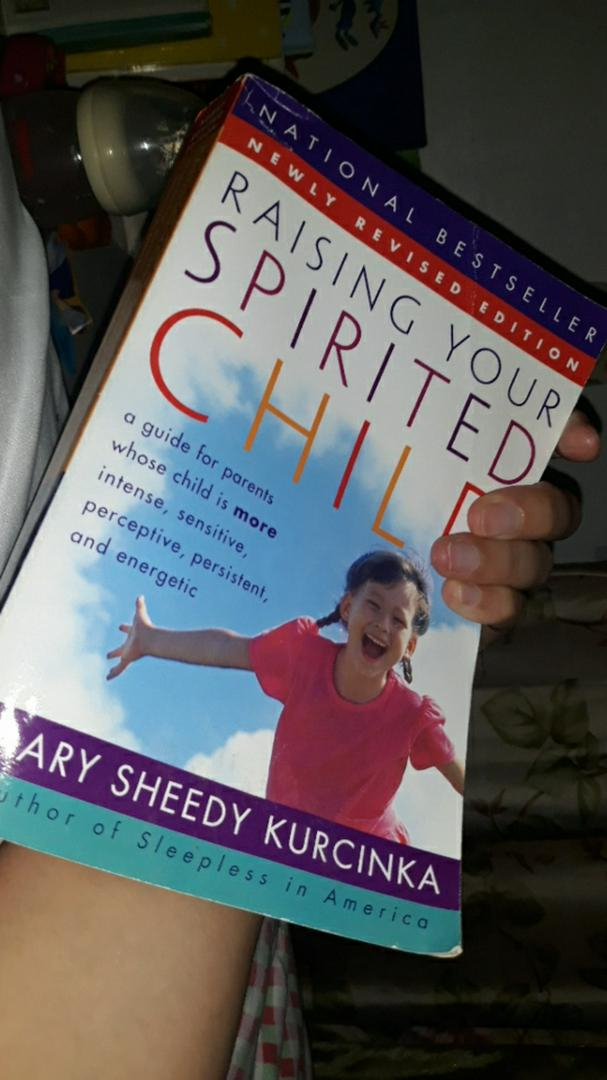
Raising Your Spirited Child 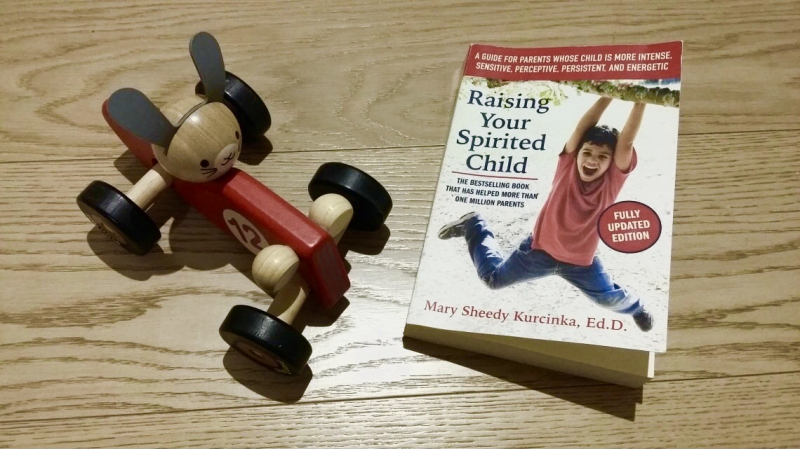
Raising Your Spirited Child -
No Bad Kids will be one of the best parenting books you've read, and it reminds you of why you never read any in the past. You tend to admire Lansbury's advice, as well as the RIE methods she highlights (it seems similar to Montessori, which I try to follow). The more you read, the more you know that every toddler is different and that what works in one scenario might not be in another.
It is a timely reminder to stop using the royal you and third person when talking to your daughter or son. They are not a baby, and it does feel more connected to say "I would like to put that down" instead of "We don't play with that" with your child. In conclusion, No Bad Kids contains a lot of good tips about having a positive parent-child relationship with your toddler, including very helpful guidelines on communication and staying calm when engaging with the tiny tornado of poor impulse control living in your house. Imagine it will be helpful as you go forward.
Link to buy: www.amazon.com/No-Bad-Kids-Toddler-Discipline/dp/1499351119
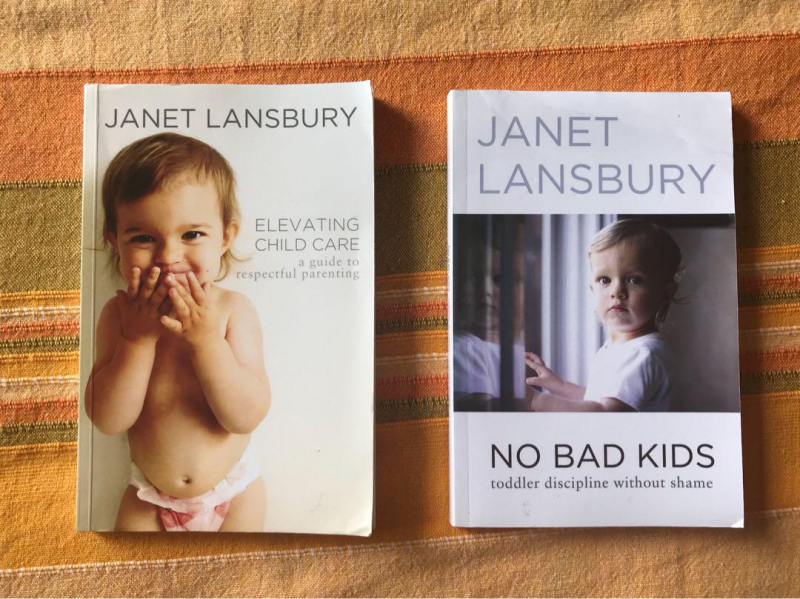
No Bad Kids 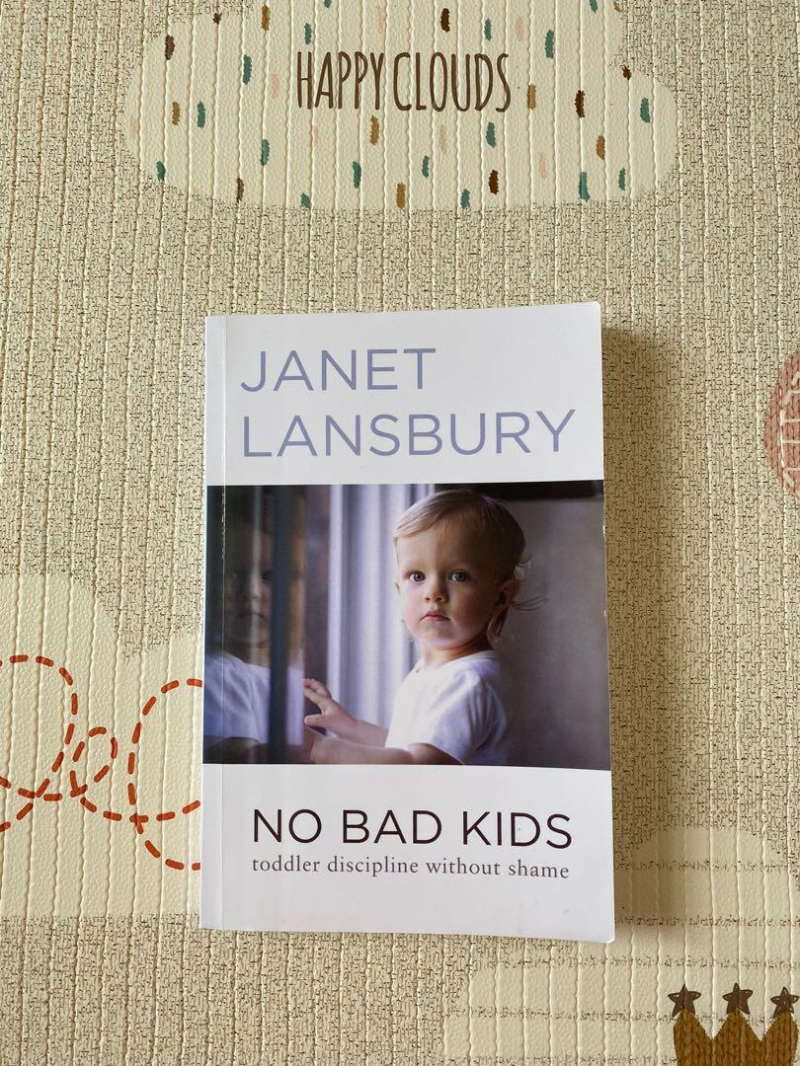
No Bad Kids -
How to Talk So Kids Will Listen & Listen So Kids Will Talk became an instant classic when it was published in 1980 and has sold millions of copies since. Show it to a bookseller and they might sigh audibly or say “Oh yeah”. In any case, believe the long-running hype. Every time readers think about How to Talk So Kids Will Listen & Listen So Kids Will Talk they get a rush of tender feelings toward it, feelings that quickly shift into contending with their own urge to be re-parented, preferably by the book’s co-authors, Adele Faber and Elaine Mazlish.
The two have six children between them but for purposes of simplicity, they write in the first person and have little composite children. The resulting voice is charming and funny, full of humility and compassion, like if Anne Lamott were leading a parents’ support group but without the Jesus stuff. This book really is framed by a weekly support group, with each chapter covering a week of the authors’ real-life parenting workshop. If that sounds too corny for you, well, oh god, consider the genre.
Link to buy: www.amazon.com/How-Talk-Kids-Will-Listen/dp/1451663889
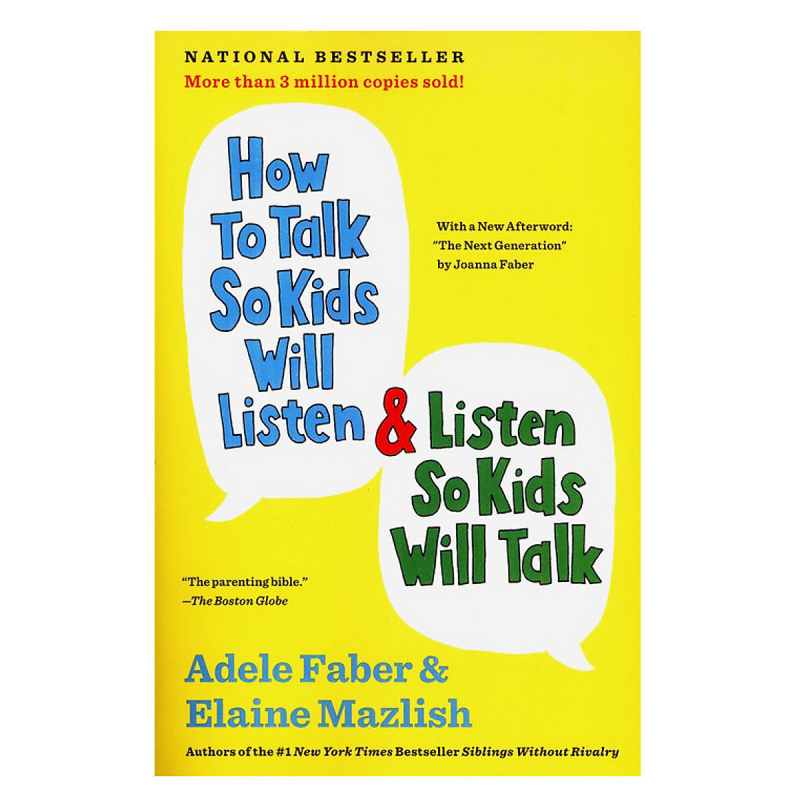
How to Talk So Kids Will Listen & Listen So Kids Will Talk 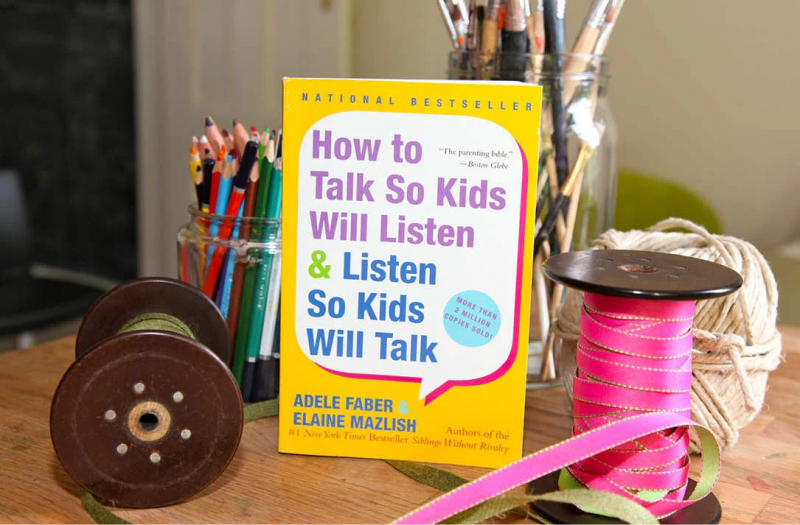
How to Talk So Kids Will Listen & Listen So Kids Will Talk -
Dr. Laura Markham is one of the most popular and recommended parenting experts out there. Her book, Peaceful Parent, Happy Kids helps parents understand the importance of having a strong connection with their toddler and focuses on problem-solving and not punishment.
Markham talks about how the parent’s mental state greatly affects their children. For example, if you yell at your child, expect that your child will yell. If you want to have calm, respectful, and kind children, they learn this from their parents and you need to work on yourself first. The book will walk you through many common parenting situations such as your toddler not listening or following directions. You’ll have a better understanding of children’s behavior and what’s going on inside, so you can forge a strong connection for better behavior in the future.
Link to buy: www.amazon.com/Peaceful-Parent-Happy-Kids-Connecting/dp/0399160280
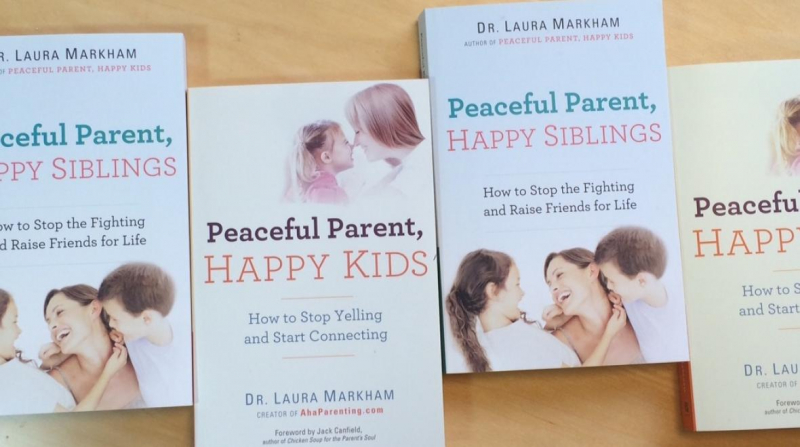
Peaceful Parent, Happy Kids 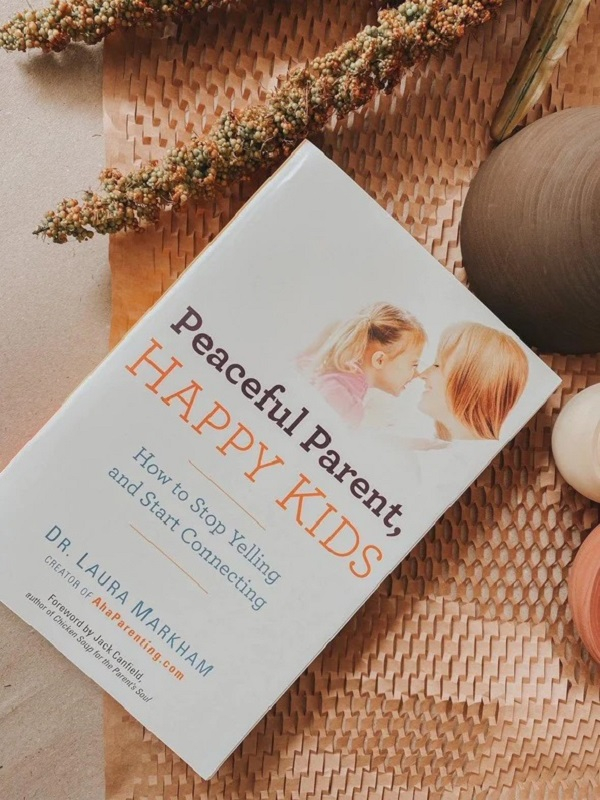
Peaceful Parent, Happy Kids -
How your parents treated you, and how you internalized that, affects how you treat your kids. You will gain more understanding about brain development: It happens in the early years and is heavily affected by a child’s environment and how they are being treated by parents and other caregivers. Great book for learning how to connect with your child. Scientifically rigorous with great descriptions of the brain and its functions. At times a little dense but well worth it.
Parenting From The Inside Out is definitely a lovely book. As you began reading you felt like there wasn't going to be anything new in this book after already reading so many attachment-oriented books. However, you were able to learn a lot and uncovered a lot of forgotten childhood history that was playing a role in frustration and difficult motherhood moments. You may feel inspired to keep improving yourself and your relationships and growing from the reflections you made because of this book.
Link to buy: www.amazon.com/Parenting-Inside-Out-Self-Understanding-Children/dp/149151227X
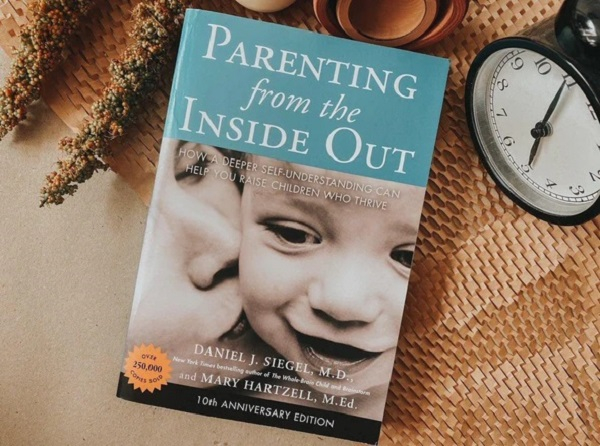
Parenting From The Inside Out 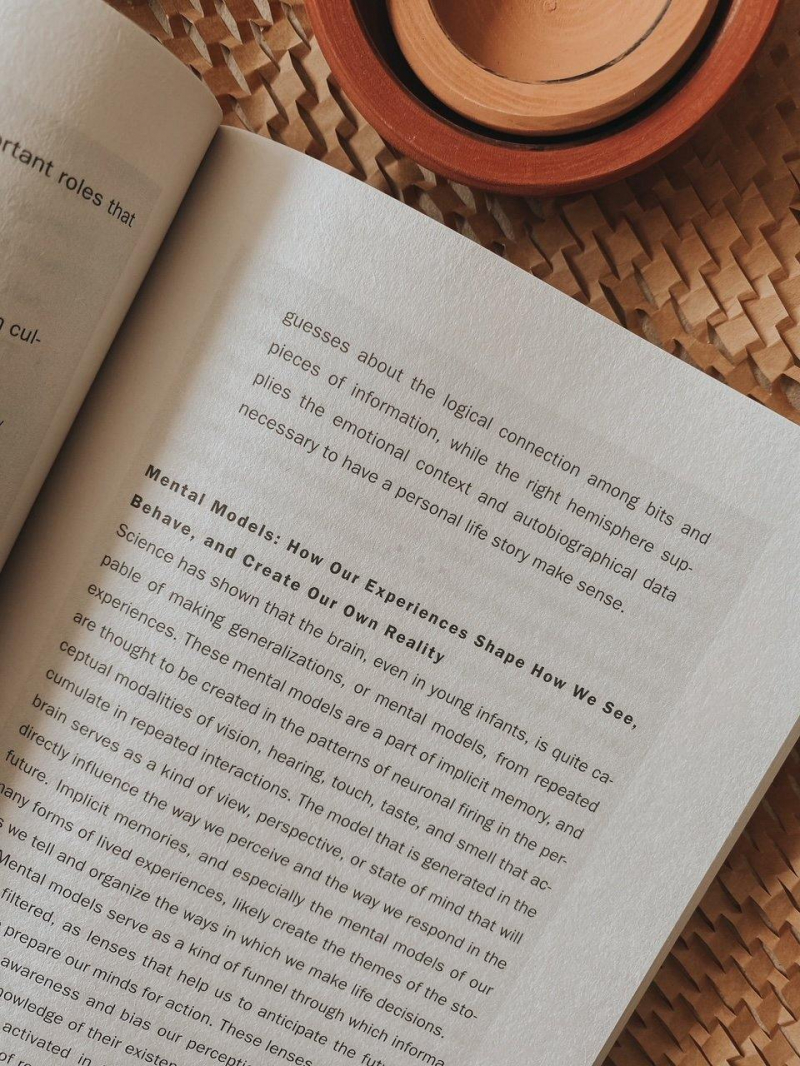
Parenting From The Inside Out -
When you’re having a baby, almost everyone who had one has some advice for you, whether you want it or not. Unfortunately, it’s still considered rude in our society to tell those people to shut up. This book The Expectant Father is kind of like that. It’s more or less one person’s opinions and experience with a few studies thrown in.
When you ended up skimming quite a bit of the book, you will realize the most helpful parts of this book are descriptions of what is going on with the mother both physically and mentally, as well as what most fathers can expect to feel like at specific parts of the pregnancy. It also has some helpful information on what the father’s role should be. The end of The Expectant Father is a chapter on fatherhood roles in society, and the author seems very passionate about encouraging new fathers to challenge some outdated notions of the father being the outsider in the parent-child relationship. This thing is fully supported.
Link to buy: www.amazon.com/Expectant-Father-Ultimate-Dads-Be/dp/0789212137
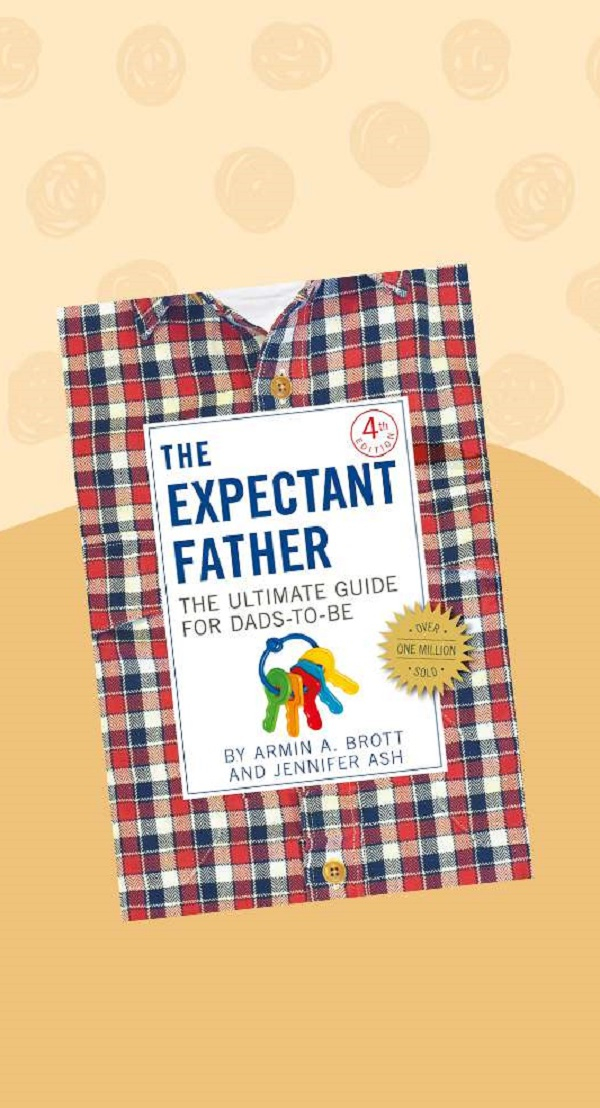
The Expectant Father 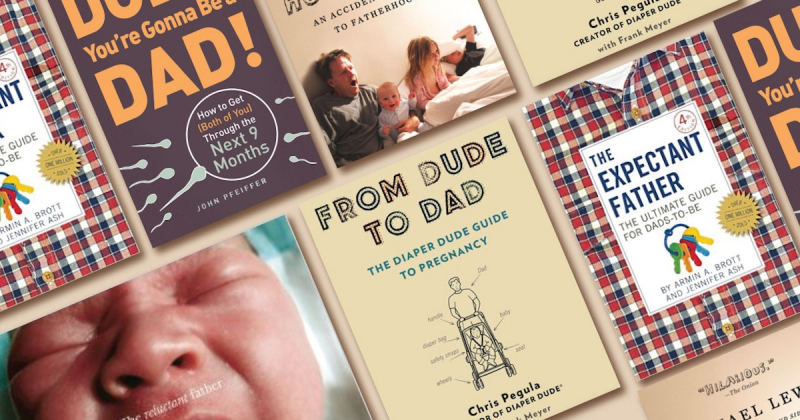
The Expectant Father












